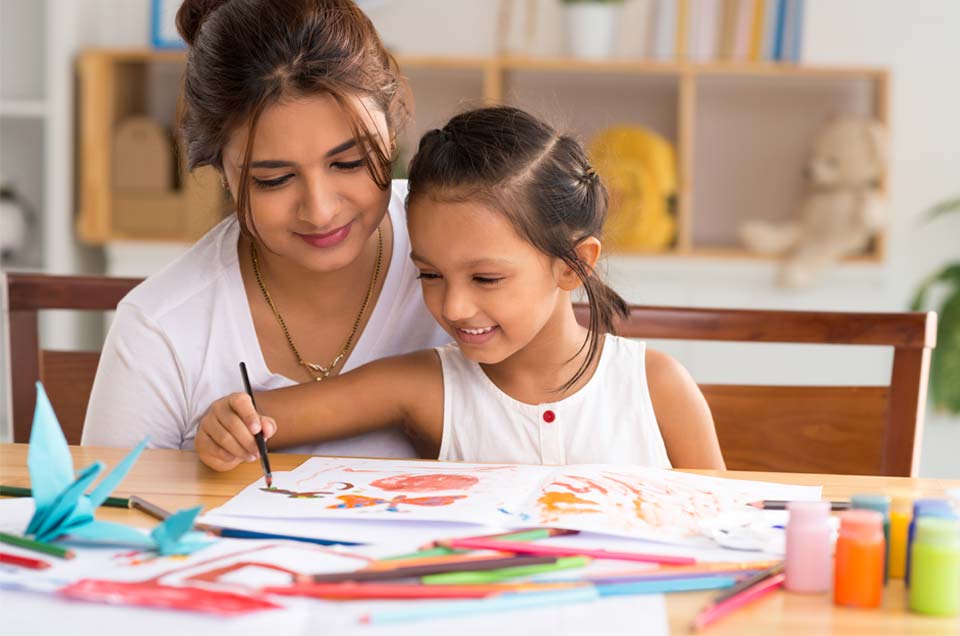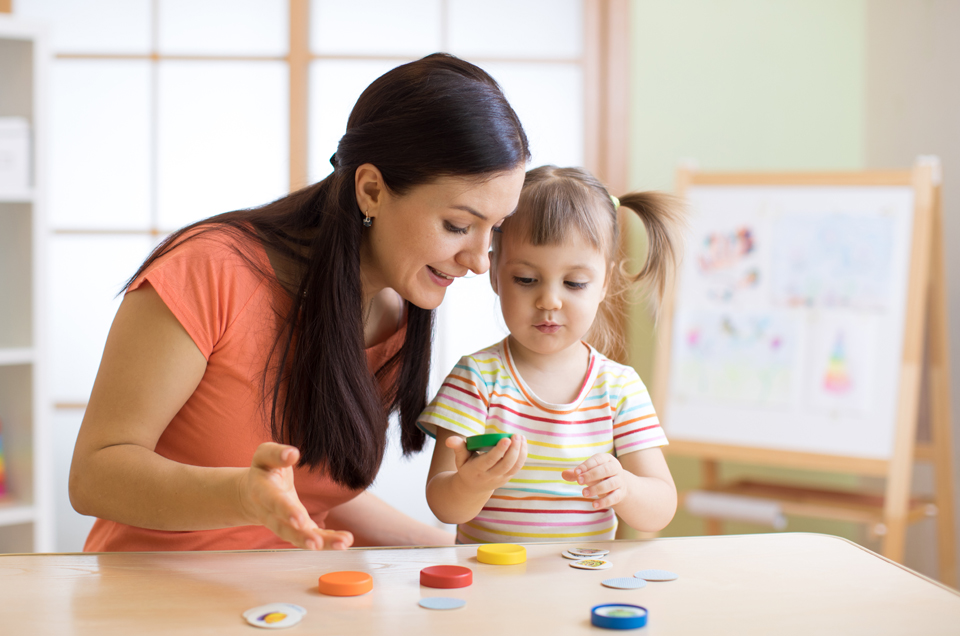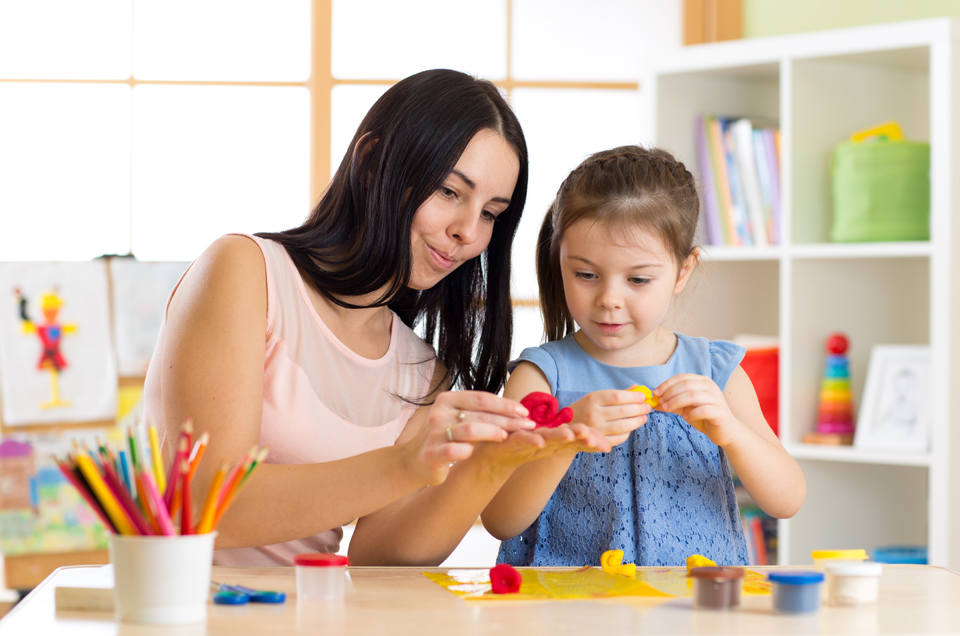For teachers who relied exclusively on fear tactics or physical abuse as their disciplining tools of choice, after this incident, a good amount of concern was warranted.
Recollecting that unfortunate incident in La Martiniere, it is perhaps a good time to take a closer look at why kids misbehave in the first place, how the wrong approaches to discipline can result in extreme measures such as suicide, and what can be done to create a healthy teaching environment without having to wield the danda.
While I could draw up a long list of approaches or techniques related to quality instruction, I would prefer here to focus simply on one critical educational concept: helping children develop a positive sense of self-esteem. When students have a low or negative self-image, they usually tend to alienate themselves or their problems through avoidance strategies such as not doing homework, not studying, goofing around, etc. They may also fall into unhealthy habits such as over-eating and intoxication such as smoking, drinking and taking drugs or resort to anti-social behavior.
According to me, there are three key factors that together form the foundation of one's self-esteem —autonomy, competence, and relationships.
Help Develop a Sense of Autonomy
Children today have very little choice in what they do. Their schedules are largely predetermined: their course of study is set by some anonymous curriculum committee; they have to wear school uniforms selected by school officials; streams and courses of study are often decided by parents, as are academic targets that they are expected to achieve. But when students lack opportunities to make choices it fosters feelings of oppression and desperation.
The solution here is to give children more choices in life — the more decisions that they take on their own, the more they will feel they have control on their lives, and the less likely they will be to succumb to pressure when they are faced with challenges.
Help Children to Feel Competent
All of us want to feel competent—to know that they are good at something, that what they do is of value or meaning to themselves or others. Part of being able to feel a sense of worth involves the knowledge of where the strengths lie. Unfortunately, too little is done in education to help children understand their unique set of qualities, let alone encourage them to improve their strengths.
The very word education means 'to draw out'. And it is with this definition in mind that teachers must stop the unidirectional flow of information that does just the opposite-'pushing in'. Instead, they must spend time identifying the traits that exist within each student and nurture them. This can be done with models such as Multiple Intelligences (MI) and Multiple Natures (MN). Multiple Intelligences identifies eight distinct abilities that describe how a student is smart, including Bodily, Interpersonal, Logical, Linguistic, Visual, Musical, Intrapersonal and Naturalistic. Multiple Natures explains the ways in which individuals use their abilities. These include Protective, Educative, Administrative, Creative, Healing, Entertaining, Providing, Entrepreneurial and Adventurous.
Teachers should help students understand the spectrum of qualities that exist, and how even though they might not be strong in Maths/Logic, they might be gifted in some other way like their interpersonal abilities might be excellent or their providing nature can get appreciated. Multiple Intelligences and Multiple Natures are largely formed by the time children are six years old, so there is ample time for teachers to get students to recognize and develop their talents.
Encourage Children to have Healthy Relationships
In his book Social Intelligence, Daniel Goleman explains how our brains are wired socially, and general feeling of well-being is largely dependent on the number of and strength of our social relationships. When children are brought up in environments where they receive high amounts of personal engagement, their brains develop in a psychologically healthy manner.
Schools therefore need to take great care in ensuring that children have strong support systems both at home and at school. Just as tuitions are prescribed for students who lack academically, so should recommendations be made for children to increase time with family members, friends, and others—to spend more quality time with each other, especially in play, creative activities, the arts and other non-academic pursuits.
































